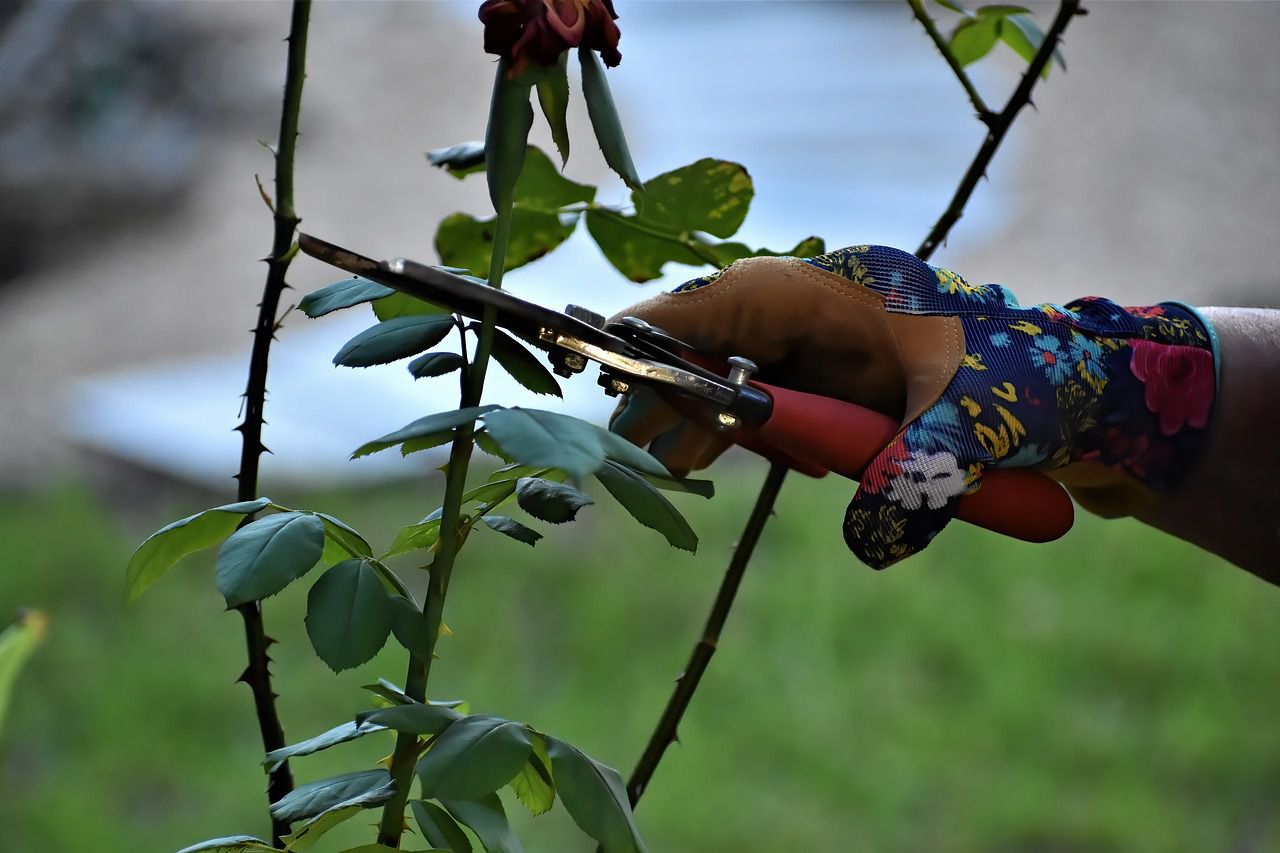Like most things, pruning can only be beneficial if it's done right.
You can't just trim your trees chaotically - it can only harm them, or, at least, be completely useless.
Here are a few results of bad pruning.

Disease and Infection
When branches are cut incorrectly or at the wrong time, it exposes the plant to potential infections.
Fungal pathogens and pests can easily enter through these wounds, causing diseases that can spread throughout the plant or even to other nearby plants.
Weakened Structure
Pruning should aim to maintain a balanced framework and remove only dead, damaged, or crossing branches.
When too much foliage is removed, it can disrupt the plant's ability to produce energy through photosynthesis, leading to weakened growth and diminished vigor.
Reduced Flowering and Fruit Production
Certain plants have specific blooming cycles, and pruning at the wrong time can remove flower buds or disrupt the natural growth pattern.
It's important to understand the specific needs of each plant species and prune accordingly to avoid negatively impacting their blooming or fruiting potential.
Sunburn and Damage
Excessive pruning can expose previously shaded parts of the plant to direct sunlight.
This sudden exposure can lead to sunburn, scorching, or desiccation of the plant tissues.












